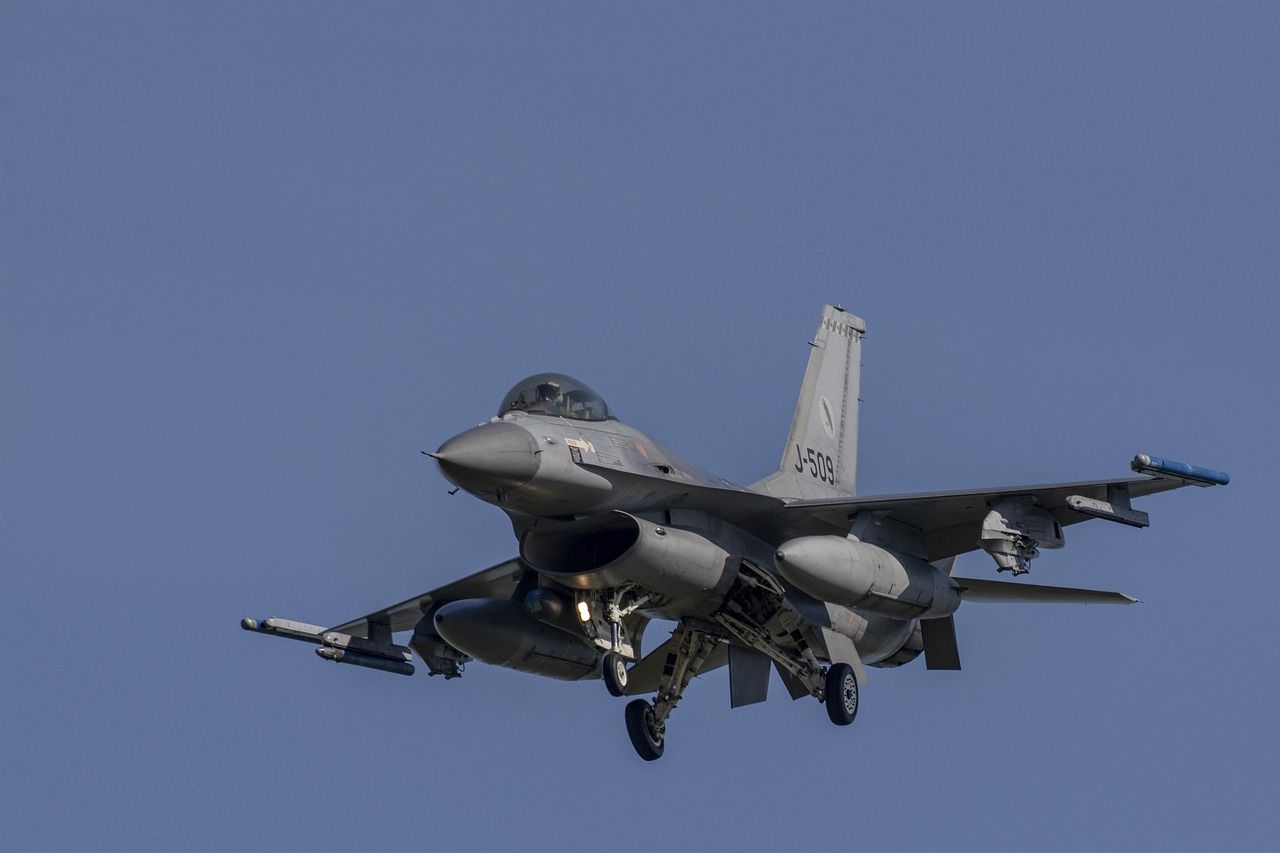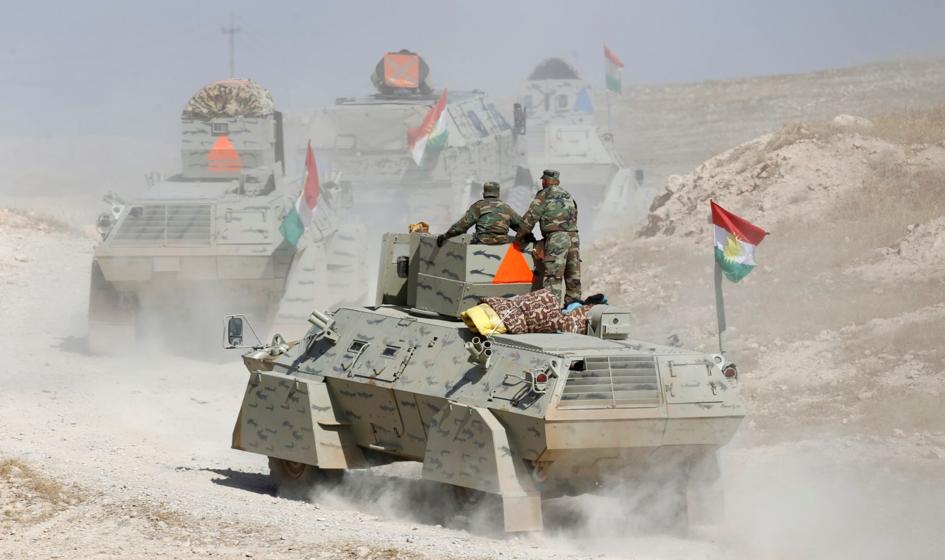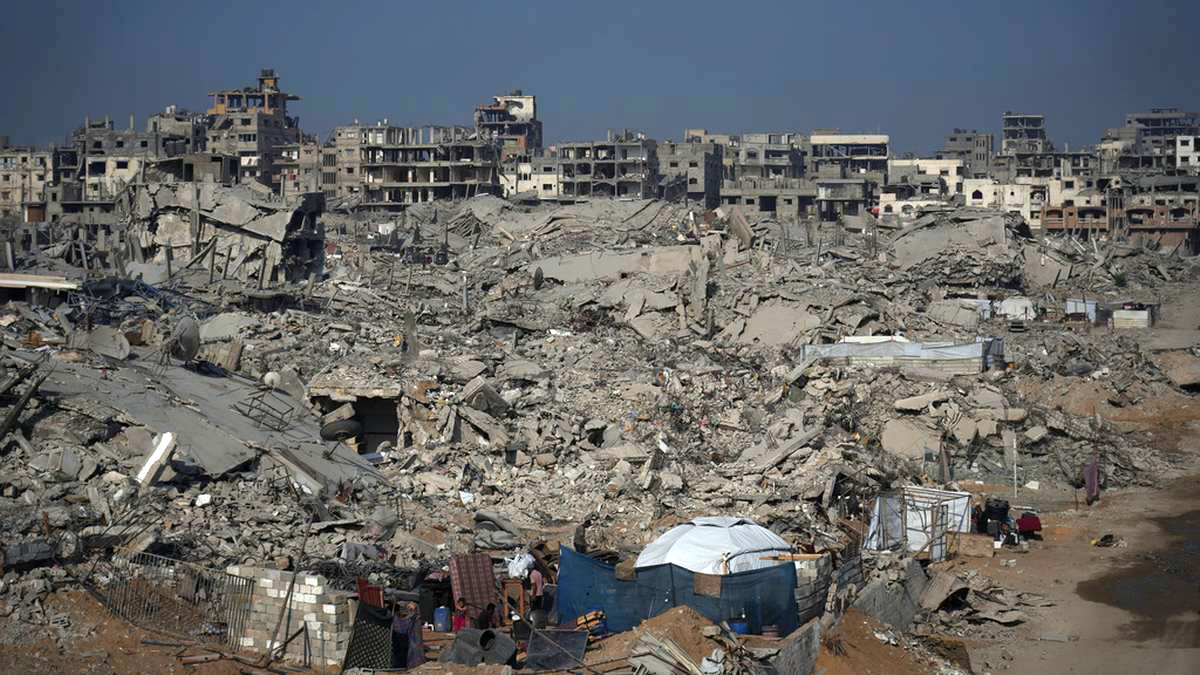On December 3, late evening, the president of the Republic of Korea Yoon Suk-yeol introduced martial law in the state. However, only 2 and a half hours later, the National Assembly voted to revoke the martial law. This somewhat grotesque situation raises questions about the origin of the crisis and its consequences. Could political turmoil in South Korea affect the implementation of Polish military equipment orders?
Pursuant to Article 77 of the Constitution of the Republic of Korea, the president may introduce martial law where this is essential to meet military needs or to keep safety and public order by mobilising armed forces during war, armed conflict or akin state of emergency of a state nature. It is already clear at this point that there were no de facto specified conditions, although de jure can, of course, be argued that the state is at war due to the fact that the 1950–1953 conflict did not end with the signing of peace, but only the truce. Moreover, the same article states that regardless of which kind of martial law (extraordinary or preventive) is introduced, the president must immediately notify the National Assembly, and that he has the right to request the cancellation of martial law by the majority of members, and the president must comply with that obligation. So what was Yoon Suk-yeol counting on erstwhile his opponents had 192 out of 300 votes in parliament? It seems that only the effectiveness of the force solution, i.e. to prevent the assembly from meeting, and thus to prevent voting on the abolition of martial law. Only that he clearly miscalculated in his calculations, his decisions were not supported even by the leadership of the group from which he came, i.e. the organization of the National Force. Its president Han Dong-hoon called it a mistake and announced that he was sided with the (protester) nation.
Protest calling for the overthrow of South Korean president Yoon Suk Yeola before the Seoul National Assembly, 6 December 2024.
Yoon Suk-yeol brought the heaviest guns into the political arena. In his speech, he accused the parliamentary majority of paralyzing the judiciary and executive power, attempting to introduce tyranny of legislation, anti-state actions aimed at triggering rebellion against government institutions, and of being a force conducive to the Democratic People's Republic of Korea and as specified must be eradicated. It is hard to anticipate that, after specified words, any cooperation between the president and the number government on the 1 hand and the parliamentary majority on the other. In his hasty action, Yoon Suk-yeol seemingly confused the interest and welfare of the state with his own business as a politician.
A ranking of support for South Korean political forces was published on November 29. The President's actions were supported by 19% of respondents, 72% criticised him. The people of Seoul reacted immediately and very naturally to the decision to introduce martial law, crowds began to gather in front of the parliament building. Moreover, the protests continued with the abolition of martial law, and continued, organised, among others, by the trade union confederation, which demands the removal of the President. On Saturday, the National Assembly is to vote on the impeachment proposal. However, the opposition does not have the required majority of 2/3 votes to lead to Yoon Suk-yeol being removed from office. besides on Thursday, the police launched an investigation into the assassination of the president, erstwhile national defence minister Kim Yong-hyun and General Park An-su chief of staff, and Home Secretary Lee Sang-min. Notices were made in this case by 1 of the opposition parties i.e. the Korea Rebuilding organization and a group of dozens of activists. The voices condemning the President's actions come from almost all direction and from all backgrounds.
Selected for office in May 2022. Yoon Suk-yeol has 2 and a half years of tenure ahead of him. Only that, without a majority in parliament and in the absence of social confidence, it will not be an effective policy, and the state that it is headed can plunge into a constitutional crisis. From the point of view of Poland, this is important, that this could possibly affect the implementation of the contracts concluded. Of course, there is no danger of breaking them, but the issues of inability to pass a budget may be at the pace of their implementation. Deputy Prime Minister and Minister of National Defence Władysław Kosiniak-Kamysz reported that he had obtained assurance from the Korean side that "our cooperation and implementation of arms contracts is in no way compromised".









